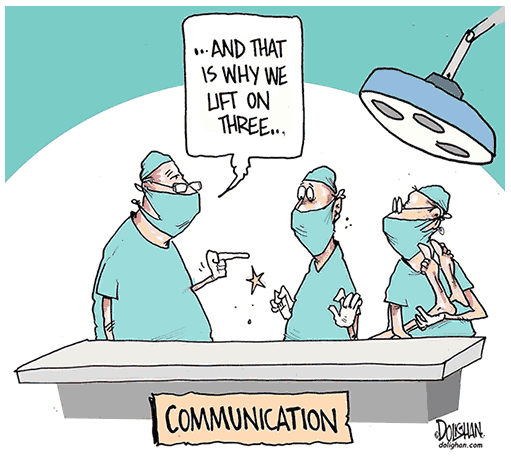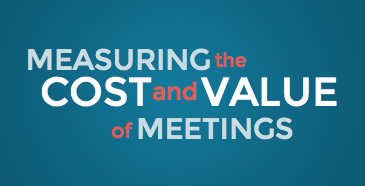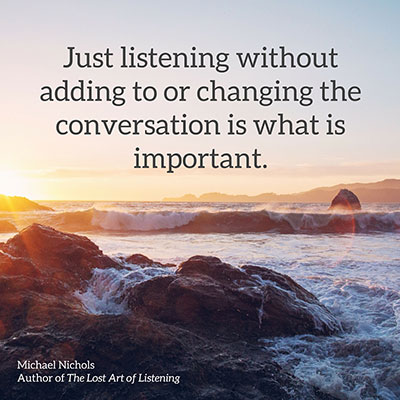Plan to communicate, and have a communication plan
Do you tend to manage projects loosely, or do you develop detailed project plans with pages of fancy Gantt charts? Either way, there’s one strategy you should always consider: a plan to communicate.

Communication is simply defined as an exchange of information, yet this can mean different things to different people. For instance, all of the following could be considered project communication:
- A series of status report meetings
- A website where customers go to access information
- Emails between members of the team
- Instant messaging
- A detailed project communication plan
Why is this important?
It’s important because planning to communicate allows you to manage almost all aspects of your project, including how you will:
- Assign responsibilities
- Get approvals
- Manage expectations
- Generate enthusiasm for the project
- Provide accurate information
- Define who will update project information and when
Plan to communicate before you start a project
Your strategy can be as simple as adding meeting dates to a calendar or as full-fledged as a written communications plan with specific meeting times, pre-defined agendas, status report formats and desired outcomes.
Present your strategy at the kickoff meeting to ensure that everyone will get the information they need to make decisions. Some questions to ask in this meeting are:
- Does the communication strategy work with everyone’s schedules?
- Will there be any vacations or periods of time when key people are not available?
- Does the type of information you’ll be providing satisfy everyone’s needs?
- If not, what type of information does the team require?
Know who your stakeholders are
Ask your customer who will be the main point of contact throughout the project, and who will step in as a backup when that person is out or unavailable.
You would be surprised how many times customers will agree to a project and then assign it to someone else!
Just make sure that the “someone else” is in the kickoff meeting, or you’re on the hook for making sure all of the information is delivered to them.
Document everything to communicate it
To make sure all of your strategic planning is worthwhile, by all means document everything from your meetings—especially in the early phases. How can you convey information without documenting? It takes a little time and effort, but far worth it when issues arise and you are the responsible party.
If you don’t remember anything else from this post, remember this: most issues that arise during a project are because of a failures to communicate. As the project manager, do what you can to make sure that doesn’t happen.
As the saying goes, “plan to communicate, and communicate the plan!”
Facilitator Guide Download
The Essential Project Kickoff Meeting Facilitator’s Guide
This 13-page Facilitator’s PDF Guide includes:
- How to prepare
- Tips for running a pre-meeting with the sponsor
- When to schedule the meeting
- Step-by-step instructions for running the call
- Resource guide
Image: dolighan.com



